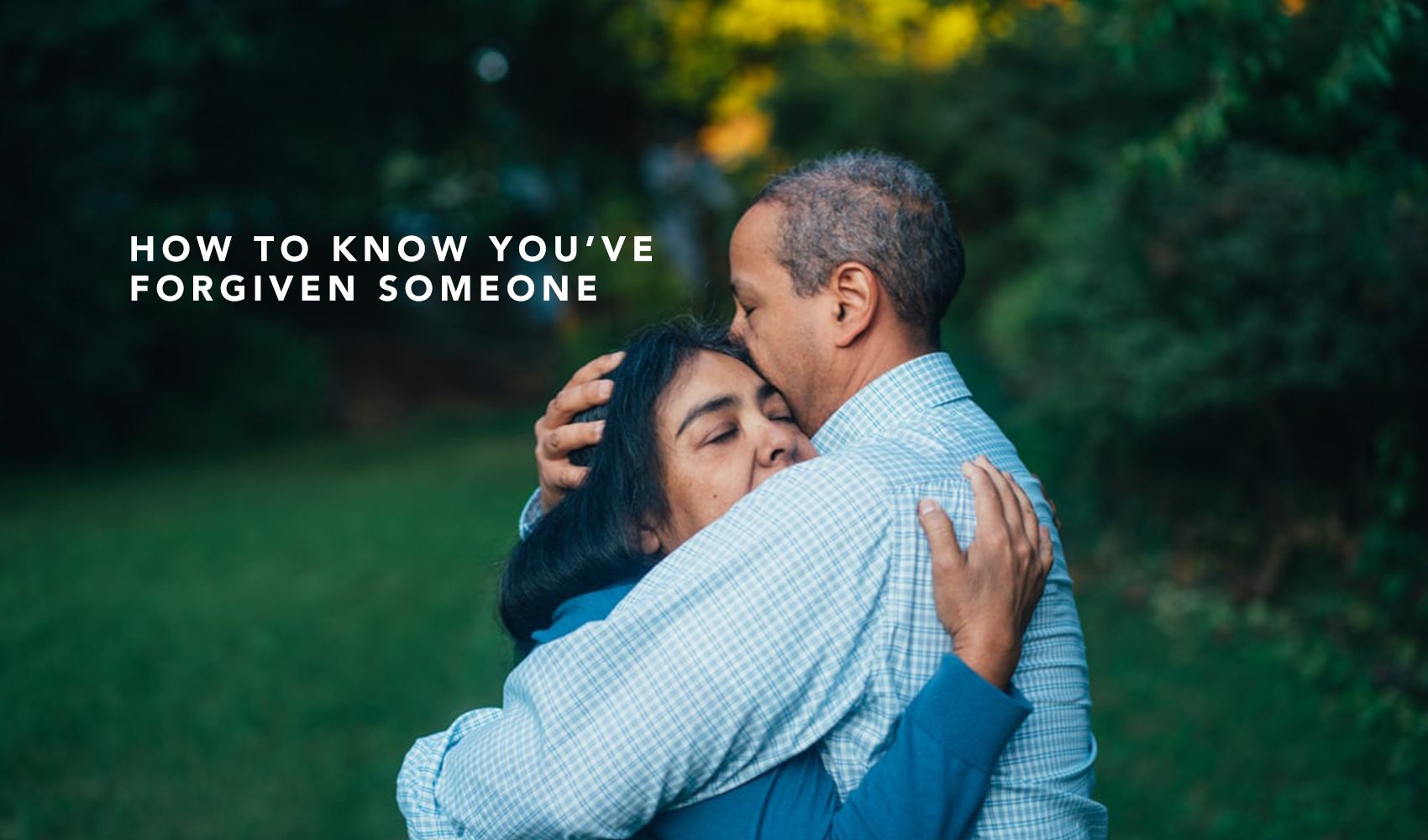I’ve often spoke and written on forgiveness, and it occurs to me that there is a lot of different understandings on what it is. Some say “forgive and forget” – a near psychological impossibility – while some have attempted to leverage the pain others caused them to prove the haters wrong; using their unforgiveness as a sort of fuel to drive them forward.
But I find that we all know instinctively that forgiveness is important and necessary for our own well being. I’ve often taught that withholding forgiveness is like drinking poison, but expecting it to hurt the other person. Others have said that forgiving is like setting a prisoner free, only to realize the prisoner was actually you.
We know we should forgive. Often, we want to forgive. But how do we forgive someone who has wronged us, and how do we know we’ve truly granted forgiveness to the other person?
- Forgiveness is a choice. That means it starts with your will, and the good news about that, is you have direct control over it. The feeling of forgiveness follows the decision to forgive.
- Forgiveness is a process. It’s not as simple as snapping your fingers, deciding you’ve forgiven someone, and it’s over. This is why it’s harder to forgive some things more than others. The greater the hurt, the harder the process. So once you’ve decided you should forgive someone, you’ll often have to “re-forgive” their offense, as the feelings of hurt, anger, and bitterness try to creep back in.
- Forgiveness is self-care. It’s not simple a matter of whether the person who hurt you deserves to be forgiven. Truth is NO ONE deserves to be forgiven! But love requires forgiveness. Love for the other person, but also love for yourself. Forgiving someone doesn’t just mean that they get to move on, it means you get to move on.
- Forgiveness is not forgetfulness. As mentioned earlier, you can’t! We lie to ourselves when we say “forgive and forget”. Sometimes, forgiveness means I’m not going to trust you again. Sometimes it means, I’m not putting myself in a position where I have to forgive you again.
- Forgiveness has a calling card. You know you’ve truly forgiven when you get to the point where you want what’s best for them, not what they “deserve.” If they get hurt back, and you think “Ha! Karma! Finally!” You definitely have not forgiven them. If instead you hurt for them, that’s a sign you’ve truly let something go, and given them what you would want – what you need – when the role is reversed.
Blessings,
Pastor John


